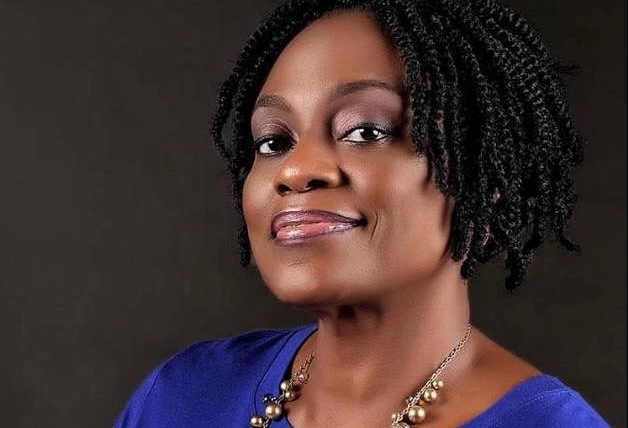
As the world marks another International Women’s Day, (IWD), Baobab for Women’s Human Rights joins other women’s groups and individuals around the world to galvanise action towards making the vision of a gender-equal world free of bias, stereotypes and discrimination, a world that is diverse, equitable, and inclusive and one that creates spaces for women and girls’ participation in digital innovative technology.
Executive Director of the group, Bunmi Dipo-Salami, said that despite several campaigns against gender inequality, women around the world still battle discrimination and inequality.
She pointed out that Women’s sexual and reproductive health, which is related to multiple human rights, including the right to life, the right to be free from torture, the right to health, the right to privacy, the right to education and so forth continues to be undermined
In a statement, Dipo-Salami said the theme of this year’s International Women’s Day celebration ‘DigitALL: Innovation and Technology for Gender Equality’ highlight the power of innovative digital technology in improving the lives of women and girls by eliminating all forms of discrimination and inequality.
“The theme aligns with the priority theme for the upcoming 67th Session of the Commission on the Status of Women (CSW-67), “Innovation and technological change, and education in the digital age for achieving gender equality and the empowerment of all women and girls.
There is still a general lack of sexual health information available to women and girls, as well as barriers to reproductive rights as a result of culture, religion, beliefs and laws that alienate women’s human rights,” she said
She explained that the digital age presents an unprecedented opportunity as the increasing number and use of mobile phones and internet connectivity have facilitated access to support spaces for survivors of gender-based violence, improved access to quality healthcare including reproductive health information and services, skills enhancement and knowledge production.
“Across the world, studies have shown that technology has the potential for opening new doors for the global empowerment of women and girls through gender-responsive digital learning, tech-facilitated sexual and reproductive healthcare, and addressing the pervasive threat of online gender-based violence, an evolving challenge which oftentimes lacks legal recourse.
“The components of online gender-based violence include privacy violations, sexual harassment, trafficking, cyberstalking, and so forth. Similarly, the COVID-19 pandemic has thrown up digital innovations which have improved advocacy to end sexual and gender-based violence, as well as capacity building for a wide range of stakeholders, especially young women, through online training, and webinars on social media platforms. It must be noted, however, that although women’s contribution to the digital world cannot be overemphasized, their accomplishments have not been met with commensurate appreciation,” she adds.
According to her, one way of accelerating this is by domesticating and implementing regional and international laws that protect and promote women’s rights, especially the Protocol to the African Charter on Human and Peoples’ Rights on the Rights of Women in Africa (The Maputo Protocol), which has been adjudged one of the world’s most comprehensive and progressive women’s human rights instruments.
She adds that “It is also critical to create a digital future in which all members of the Nigerian society enjoy equal rights to safety, dignity and freedom, protect women and girls from online gender-based violence, and close the existing digital gender divide.
“We urge non-state actors to continue to double efforts to discuss strategies, lessons, successes, and challenges to stimulate actions for the protection and promotion of women’s rights through digital platforms.
“We also call on all and sundry to #EmbraceEquity by enabling a violence-free society where men and women, men and boys alike have access to opportunities and enjoy rights that enable the growth and development of the nation.”



